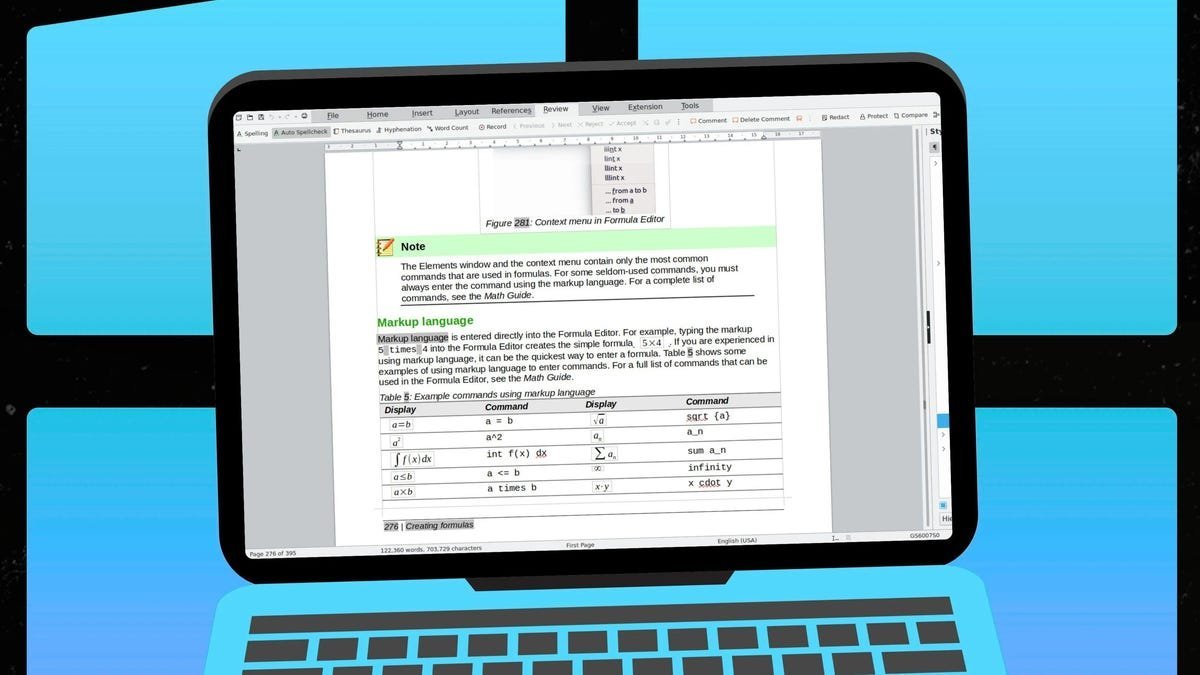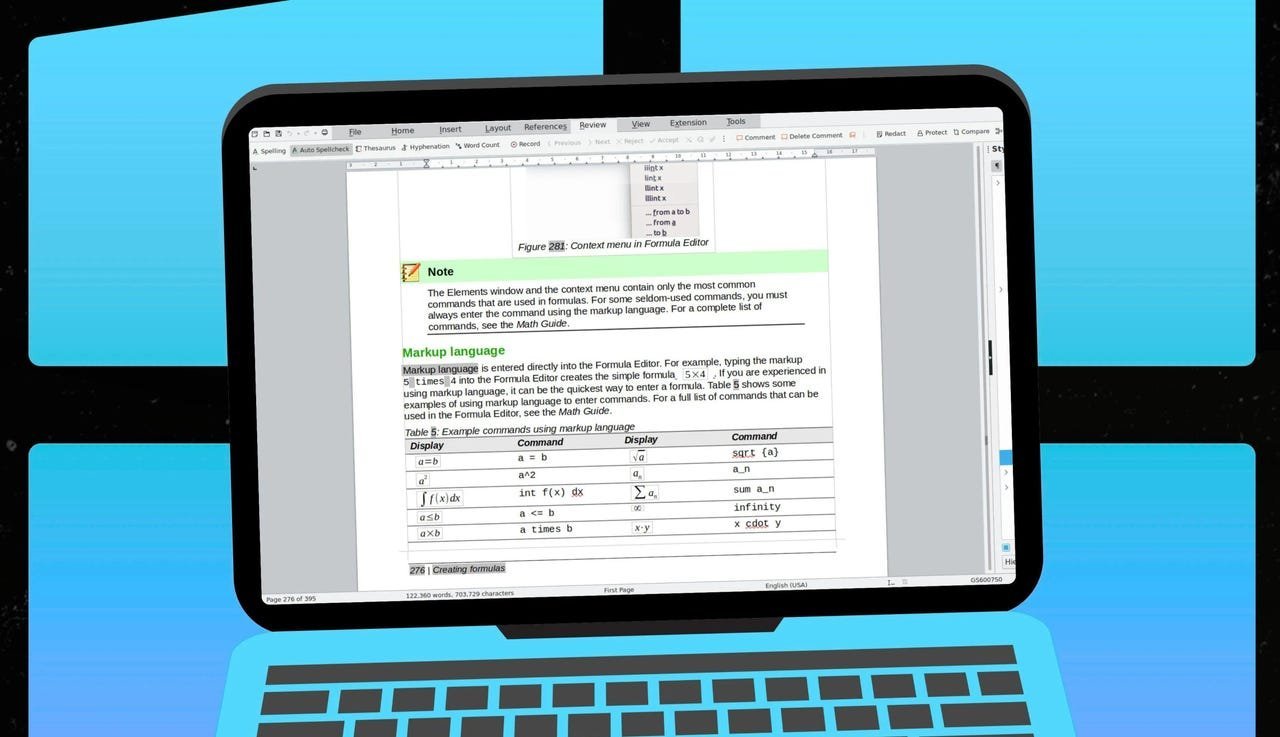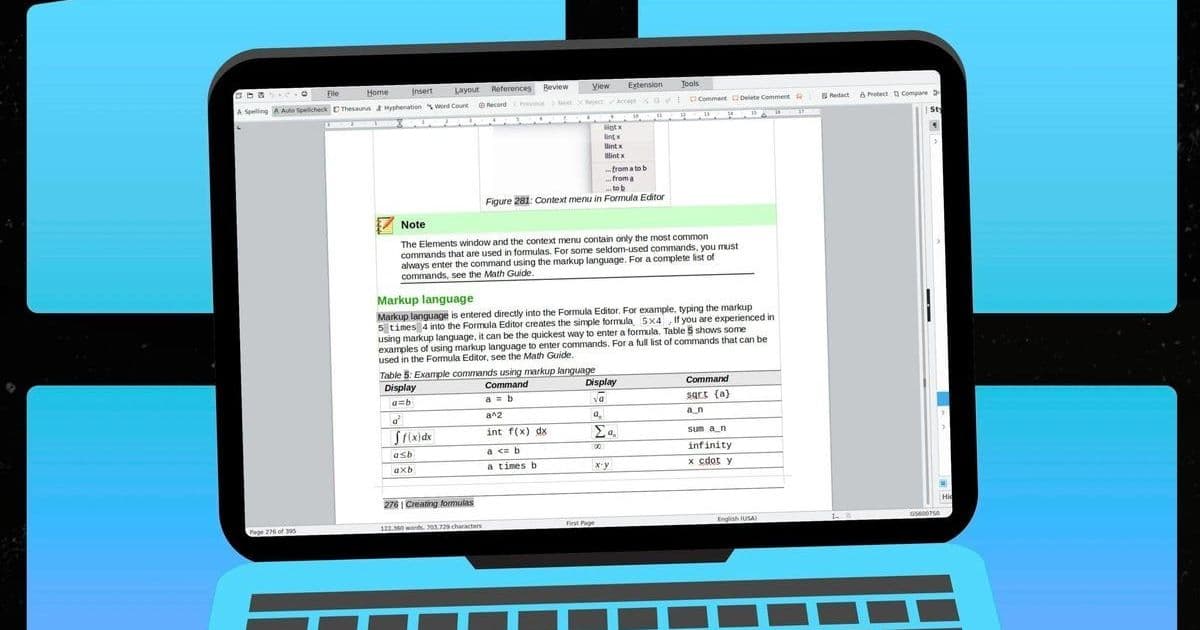Discover a curated selection of 10 powerful open-source applications that elevate the Windows experience, offering robust alternatives to proprietary software. From LibreOffice to Ollama, these free tools enhance productivity, security, and customization while respecting user privacy.

For Windows users seeking liberation from proprietary software constraints, open-source alternatives offer powerful, customizable, and often superior solutions. After decades of open-source advocacy, I've curated ten indispensable applications that redefine productivity while remaining completely free. These tools demonstrate that the Windows ecosystem thrives when empowered by community-driven innovation.
1. LibreOffice: The Full-Featured Office Suite
LibreOffice remains the gold standard for open-source productivity suites, evolving from its StarOffice roots into a Microsoft Office alternative with Writer, Calc, Impress, Base, and more. Its native ODF support doesn't hinder collaboration—users can seamlessly work with DOCX, XLSX, and PPTX formats. Unlike cloud-bound competitors, LibreOffice operates locally, ensuring sensitive documents stay private. Its customizable interface adapts to classic or modern workflows, making it essential for professional document handling.
2. Flow Launcher: Supercharged Search & Efficiency
Tired of digging through menus? Flow Launcher revolutionizes Windows navigation with instant hotkey-activated search. This extensible tool locates apps, files, and web results instantly. Developers appreciate its plugin ecosystem and customizable themes, transforming how they interact with their system. It’s a must-have for keyboard-centric power users.
3. Duplicati: Zero-Trust Backups
Duplicati provides enterprise-grade backup with AES-256 encryption and flexible scheduling. Support for cloud services (AWS, Google Cloud, Azure) and local/network destinations makes it versatile. Its web-based dashboard offers real-time monitoring—critical for developers managing critical data. The 'zero-trust' model means your backups remain encrypted end-to-end, even on third-party storage.
4. Nextcloud: Self-Hosted Cloud Sovereignty

Replace Google Drive or OneDrive with Nextcloud—a self-hosted platform for files, calendars, contacts, and collaboration. Its app ecosystem rivals commercial clouds, and local deployment ensures data never trains external AI models. The Windows client syncs files seamlessly, making it ideal for privacy-conscious teams avoiding vendor lock-in.
5. Franz: Unified Messaging Hub
Franz consolidates Slack, WhatsApp, Telegram, Discord, and 50+ services into one clean interface. Developers juggling multiple communication channels gain focus by eliminating app-switching fatigue. Customizable notifications and workspace organization streamline digital workflows without subscription fees.
6. YAZB Reborn: macOS-Style Elegance for Windows
YAZB transforms Windows’ taskbar into a sleek, information-dense hub. Display system stats (network, battery, weather) and add widgets for quick controls. Its minimalist design appeals to users craving macOS aesthetics without sacrificing Windows functionality.
7. File Converter: Context-Menu Magic
Simplify format conversions directly from File Explorer. Right-click any file to convert media, documents, or images—ideal for batch processing PDFs or optimizing assets. Note: Office file conversion requires Microsoft Office installed.
8. Bitwarden: Security Without Compromise
This open-source password manager excels with cross-platform syncing, secure sharing, and passphrase generation. Unlike cloud-based rivals, Bitwarden’s code is auditable, offering transparency proprietary tools can’t match. The free tier suffices for most, while families benefit from affordable premium sharing features.
9. AutoHotKey: Automation Powerhouse
Automate repetitive tasks with custom scripts for keyboard/mouse actions. Though its scripting language has a learning curve, AutoHotKey unlocks profound efficiency gains—remapping keys, automating form entries, or building macros. Essential for developers optimizing workflows.
10. Ollama: Local AI Sovereignty
Run LLMs like Llama 3 or Mistral locally with Ollama’s intuitive GUI. Avoid sending sensitive queries to third-party AI by processing data offline. Requires a robust GPU but offers unparalleled privacy for AI experimentation—a game-changer for developers exploring generative tools.
These tools prove that open-source isn’t just for Linux enthusiasts. They empower Windows users to reclaim control, enhance security, and customize their experience without costly subscriptions. As proprietary software increasingly monetizes user data, this ecosystem offers a compelling—and free—path to digital autonomy.
Source: ZDNET

Comments
Please log in or register to join the discussion